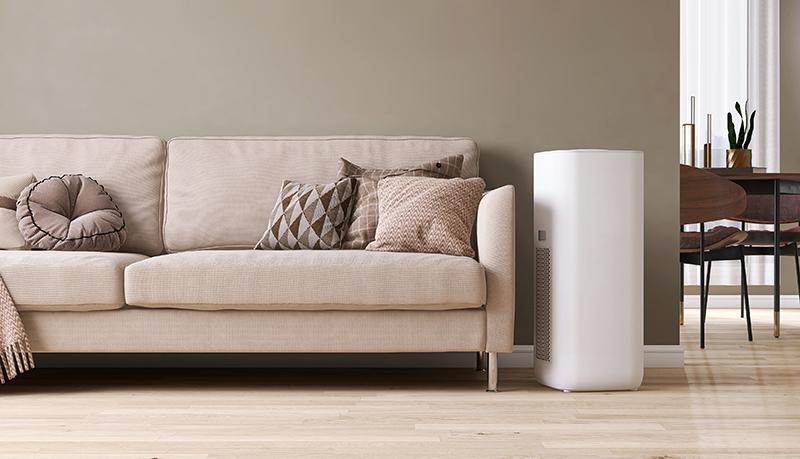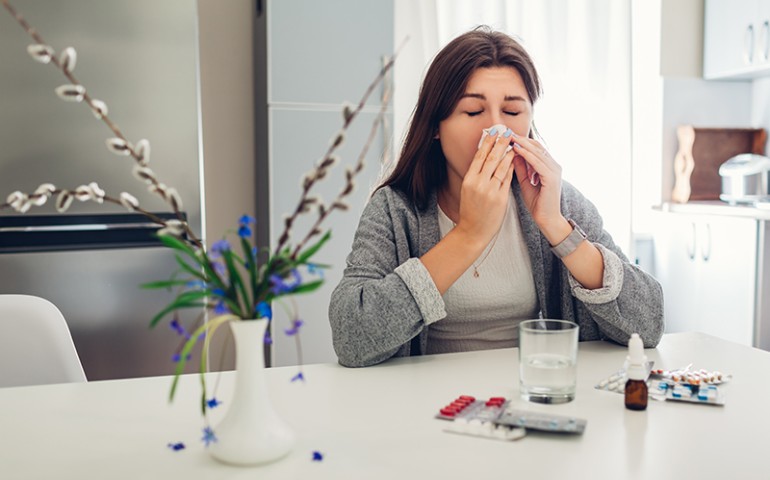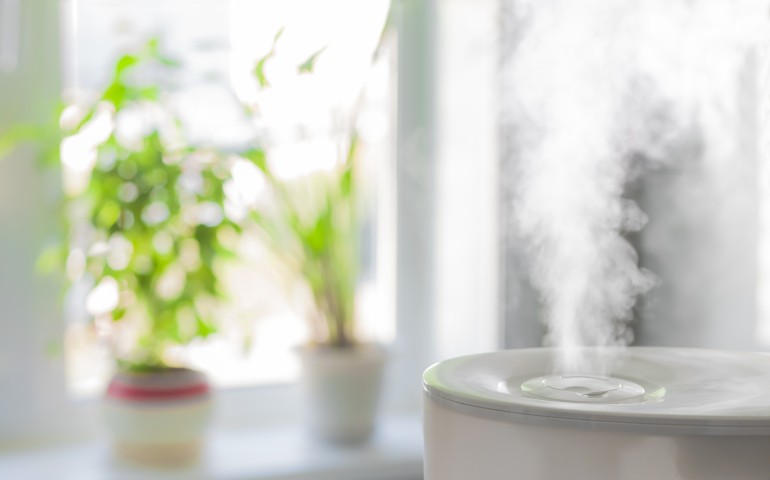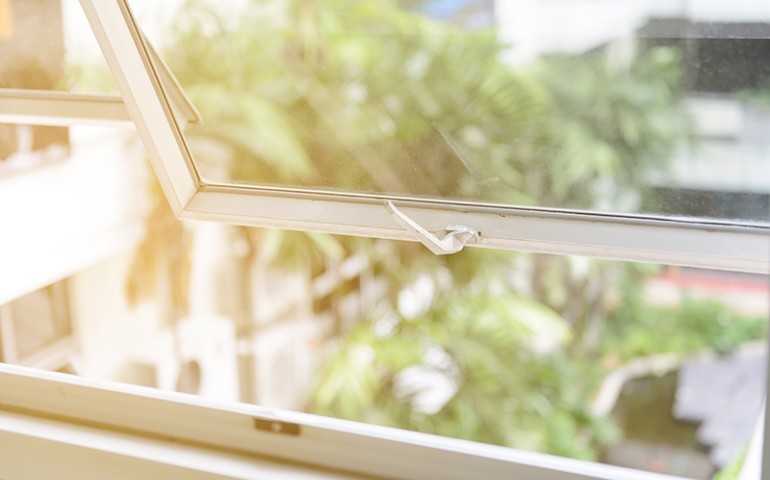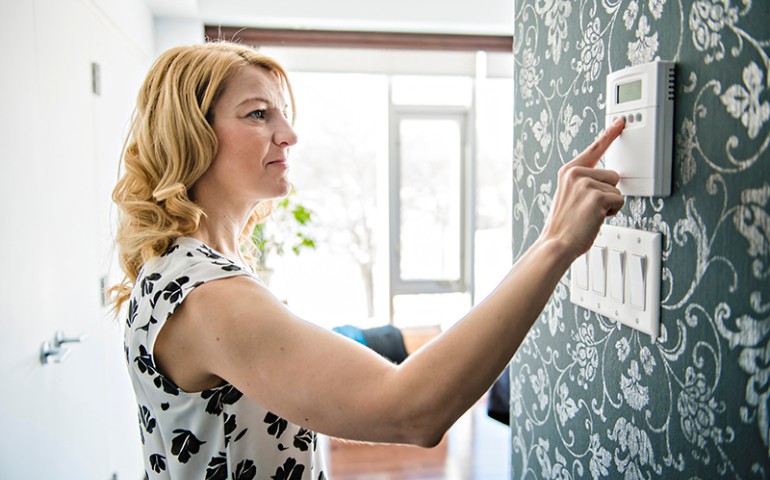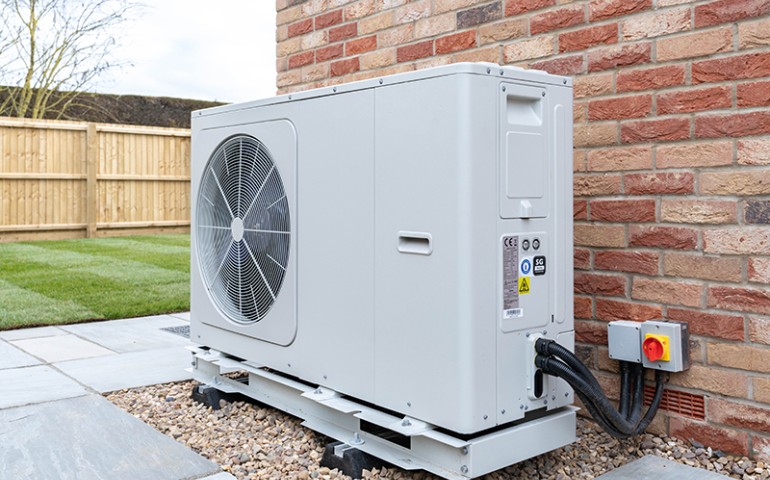Who Is Most Susceptible To Indoor Air Pollution?
Indoor air pollution can have detrimental effects on our health. It's important to understand who is most susceptible to its impacts. The quality of the air we breathe indoors can have a significant influence on our well-being. In this blog, we explore how indoor air pollution affects the body and look at who is most vulnerable to it. We also provide practical tips on preventing indoor air pollution in your home.
How Indoor Air Pollution Affects the Body
Indoor air pollution can have various adverse effects on the body. Poor indoor air quality can lead to breathing issues like coughing and wheezing. Prolonged exposure to pollutants may aggravate existing respiratory conditions like asthma. It may even increase the risk of developing respiratory infections. Indoor air pollution can also cause an increased risk of cardiovascular diseases. Harmful pollutants can enter the bloodstream and trigger inflammation. This can lead to conditions like heart disease, stroke, and high blood pressure. Indoor air pollution can cause allergies and irritations of the eyes, nose, and throat. Common symptoms include sneezing, watery eyes, itching, and sore throat. Particulate matter and volatile organic compounds (VOCs) are common culprits.
Who Is Most Susceptible to Indoor Air Pollution
Certain individuals are particularly vulnerable to the effects of indoor air pollution. Children have developing immune and respiratory systems. This makes them more susceptible to the harmful effects of indoor air pollutants. Exposure during childhood can have long-term health implications. Pregnant women should also be cautious about indoor air pollution. It can impact both their health and that of the developing fetus. Exposure to pollutants may increase the risk of complications during pregnancy.
Older adults may have compromised immune systems and pre-existing respiratory or cardiovascular conditions. They are at a higher risk of experiencing severe consequences due to poor indoor air quality. People with asthma, allergies, or COPD are also more sensitive to indoor air pollution. Poor air quality can trigger symptoms and exacerbate their conditions.
Preventing Indoor Air Pollution in Your Home
Use these preventative measures to reduce indoor air pollution in your home.
- Proper ventilation. Ensure adequate ventilation in your home. Open windows and use exhaust fans in kitchens and bathrooms. This helps remove pollutants and improves air circulation.
- Regular cleaning. Dust and vacuum to reduce the accumulation of allergens and dust mites. Use a HEPA filter in your vacuum cleaner to trap smaller particles.
- Avoid smoking indoors. Smoking indoors is a significant source of indoor air pollution. Encourage smokers to smoke outside to prevent the release of chemicals into the air.
- Control humidity. Maintain appropriate humidity levels in your home. This can help to prevent the growth of mold and mildew. Use dehumidifiers or air conditioners and repair any leaks or water damage.
- Proper storage of chemicals. Store household chemicals, cleaning products, and paints in well-ventilated areas or cabinets. Avoid using harsh chemical-based products when possible.
Contact Us
Understanding the impact of indoor air pollution on our health is crucial. By knowing who is most susceptible to its effects, we can protect their well-being. Take steps to prevent indoor air pollution, such as proper ventilation and cleaning. This can help create a healthier living environment for you and your family. If you need help improving your home's indoor air quality, contact us.

